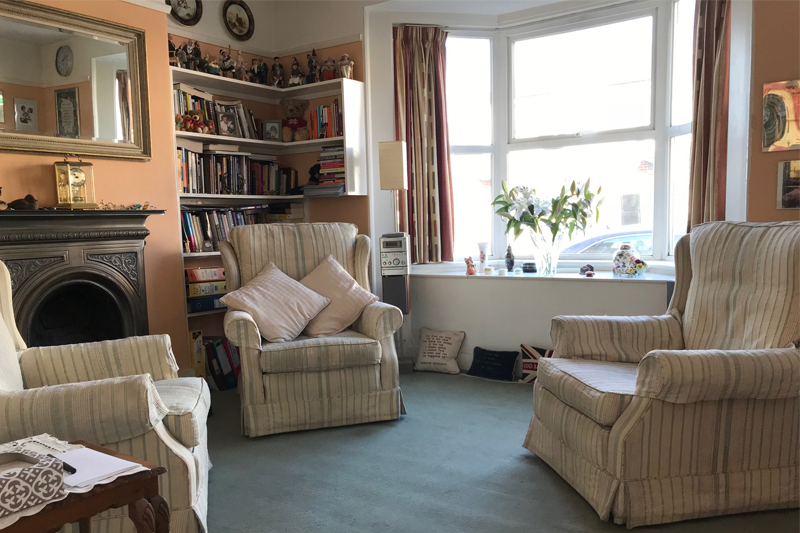Exercise
Exercise Addiction is difficult to come to terms with as an addiction. It can be difficult to conceive exercise as unhealthy, especially as it is encouraged as being of benefit to our well-being.
People who use exercise addictively tend to be distracting themselves from other areas of their lives that they are having difficulty with. Compulsive exercise – just like other addictions – becomes central to the person’s life and hides issues such as anger, anxiety, stress, work issues, relationship problems.
Compulsive exercising start to have long lasting consequences, compounding the distorted need for more exercise. Health issues become apparent such as physical injuries, wear and tear of muscle and bones, fatigue and illness and even malnutrition as a result of their diet not being managed.
As exercise becomes an addiction it starts to create conflicts within the family or intrude on rest and relaxation or simply time with friends and socialising. Compulsive exercising can also co-occur with eating disorders, even instigating eating disorders or substance misuse. Body builders start using steroids or other body altering substances for muscle development or fat stripping. Stimulants can become a part of the regime. As the addiction escalates the person becomes more and more obsessed with body image. The over exerciser will stick rigidly to their regime regardless of illness or injury or other social commitments. In fact family, friends and work start to get in the way of their exercising, at times finding ways to avoid events or take extra time out of work or school.
Compulsive exercise is sometimes associated with cross addiction. This is when a person stops an addiction such as alcohol or gambling and remains with the unexplored pain or issues and simply cross-addicts to another addiction.
Treatment starts with a plan of abstinence. This does not mean not exercising at all, but an agreed exercise routine, that is health and fitness enhancing. With the addictive behaviour removed, the person will be able to start owning and processing the underlying issues that have led to the addiction.

